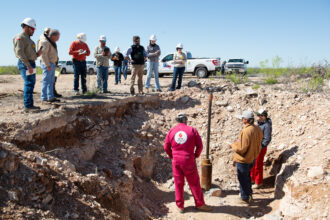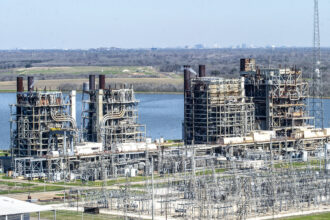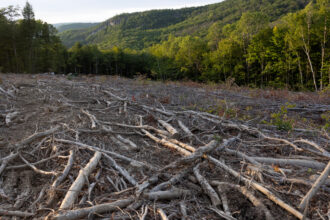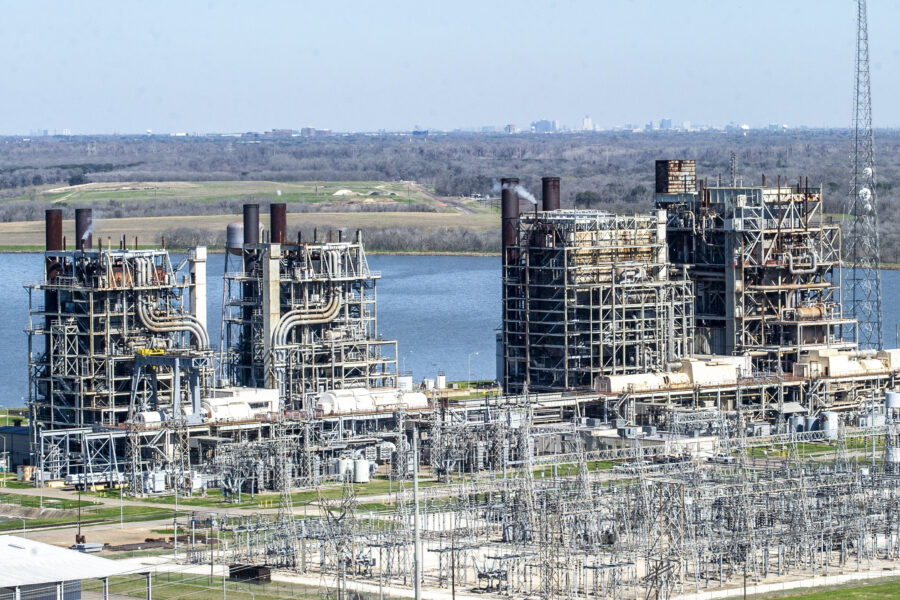Congressional Republicans may have found the clearest path yet to opening up the Arctic National Wildlife Refuge to drilling—by shielding their efforts from the Democrats.
The draft budget resolution issued by the Senate Budget Committee today ties two major initiatives—tax overhaul and opening up ANWR—to the 2018 budget. The resolution included instructions to the Senate Energy and Natural Resources Committee to submit legislation that would identify at least $1 billion in deficit savings. Those instructions are considered a thinly veiled suggestion that the committee find a way to open up part of the pristine Alaska wilderness area to oil and gas drilling.
The committee was instructed to submit the legislation under a special process—called reconciliation—that would allow it to pass with a simple majority, instead of requiring a two-thirds majority. This would allow it to pass without any votes from Democrats. The move is similar to what the House did when its budget was proposed in July.
Sen. Lisa Murkowski (R-Alaska), who has long advocated for opening ANWR to drilling and who heads the Senate Energy and Natural Resources Committee, was among those pleased with the inclusion of the order.
“This provides an excellent opportunity for our committee to raise $1 billion in federal revenues while creating jobs and strengthening our nation’s long-term energy security,” she said in a statement. She did not directly acknowledge an ANWR connection.
Democrats said they may be able to sway some Republican votes to their side, as they did in defeating Republican health care legislation.
“There is bipartisan opposition to drilling in our nation’s most pristine wildlife refuge, and any effort to include it in the tax package would only further imperil the bill as a whole,” Sen. Edward Markey (D-Mass.) said in a statement.
ANWR Has Been a GOP Target for Decades
Polls may show that voters from both parties favor wilderness protections, but Republicans in Congress have been trying to open up this wilderness ever since it was created.

The Arctic National Wildlife Refuge is considered one of the last truly wild places in the United States. Its 19.6 million acres were first protected by President Dwight Eisenhower in 1960, and a subsequent wilderness designation protects all but 1.5 million acres. That remaining acreage—called the coastal plain—has been disputed for decades.
Wilderness supporters have managed to fight back efforts to open the area to drilling. The closest past effort was in 1995, when a provision recommending opening up ANWR made it through the Republican Congress on a budget bill that President Bill Clinton vetoed.
Tied to Tax Overhaul, the Plan Could Pass
With a Republican Congress, a president who supports drilling in the Arctic, and the effort now tied to tax overhaul, Sierra Club legislative director Melinda Pierce called it “DEFCON Five.”
“The Arctic being in the budget has been totally eclipsed by the fact that they want to move tax reform in the same budget reconciliation,” she said.
The House is expected to pass its version of the budget next week. It includes an assumption of $5 billion in federal revenue from the sale of leases in ANWR over the next 10 years, which is $4 billion more than is assumed in the Senate version. If both are passed, the two bills will have to be reconciled.
Also next week is the Senate Budget Committee’s vote on the budget. If the committee passes it (which it is expected to do), the budget bill will move to the floor of the Senate for debate.
About This Story
Perhaps you noticed: This story, like all the news we publish, is free to read. That’s because Inside Climate News is a 501c3 nonprofit organization. We do not charge a subscription fee, lock our news behind a paywall, or clutter our website with ads. We make our news on climate and the environment freely available to you and anyone who wants it.
That’s not all. We also share our news for free with scores of other media organizations around the country. Many of them can’t afford to do environmental journalism of their own. We’ve built bureaus from coast to coast to report local stories, collaborate with local newsrooms and co-publish articles so that this vital work is shared as widely as possible.
Two of us launched ICN in 2007. Six years later we earned a Pulitzer Prize for National Reporting, and now we run the oldest and largest dedicated climate newsroom in the nation. We tell the story in all its complexity. We hold polluters accountable. We expose environmental injustice. We debunk misinformation. We scrutinize solutions and inspire action.
Donations from readers like you fund every aspect of what we do. If you don’t already, will you support our ongoing work, our reporting on the biggest crisis facing our planet, and help us reach even more readers in more places?
Please take a moment to make a tax-deductible donation. Every one of them makes a difference.
Thank you,














